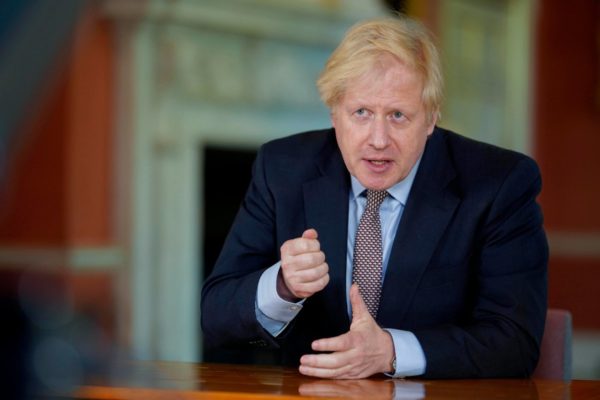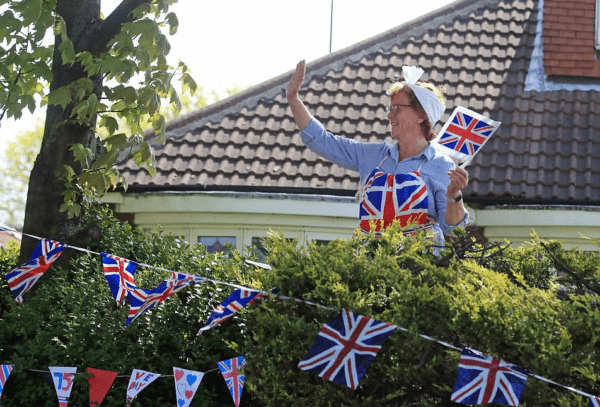
In the wake of Boris Johnson’s address to the nation last night the news and social media platforms have exploded with rage as people try to make sense of exactly what is now permittable or advisable or not. Matt Lucas is trending for a parody of the address that is utterly contradictory in every sentence. Whilst this is funny, the anxiety that this new announcement has triggered is not.
People were already highly stressed over lockdown. Many due to isolation. Many more due to loss: loss of their job or regular routine; loss of freedom; loss of income; loss of what they were familiar with. Many because home-schooling bored kids and trying to maintain some form of routine and possibly work from home at the same time was almost impossible. Many due to fear of illness. The list goes on but the crucial factor is that people had just about got through. Boyed up by VE day and sunny weather and seeing other countries such as Spain start to lift restrictions there was a sense of hope last week.

This has been crushed under the weight of uncertainty. It is scientifically proven (see experiments such as those by Archy de Berker) that uncertainty causes stress. That is true for all forms of stress, be they internal (emotional) or external (physical). Uncertainly is more stressful than predictable negative consequences. In other words, we can cope better with knowing that something bad is going to happen than we can with not knowing.
Our brains have a primeval response to uncertainly that (in our early programming for survival of the fittest) let our limbic system call the shots as fear mean survival. A strong emotion triggered action.
This is most easily explained through our still common reaction of ‘fight and flight’ – we flood our own bodies with cortisol when we encounter a real or perceived threat. So now, as people are being told to get on busy public transport, return to work yet social distance when the threat of a second wave of the pandemic has not been disproved or even the checks and balances that many were promised (e.g. testing) have not been provided the result is uncertainty and fear.
Here’s more science. Dopamine is known for its role in addiction. The brain is hardwired to move towards pleasure/reward and away from pain. Dopamine goes up the stratim (a deep primitive brain part) to the reward centre of us. And just like kids and adults, where one is influenced by going towards reward (pleasure) and another is more motivated by moving away from punishment (pain) the brain does the same. So, under threat we are flooded with a primitive need (via cortisol) to run away or do something and programmed by dopamine to go either towards pleasure or away from pain.
Trouble is when we don’t know what is right/safe or wrong/unsafe or what a controlled and good choice will look and feel like we are left with nothing but an overstimulated nervous system and pretty much nowhere to do. This equals stress. Or anger. Or a panic attack. Or a desire to shut down/blot everything out etc.
To make matters worse, the government’s new motto is “Stay alert, control the virus, save lives”. Stay alert for what? Control the virus how? Save lives in what way when people are still dying and politicians arguing about how few tests are being done. The whole motto and Boris’s speech have not given people what they need now: clarity and clear boundaries.
Even where absolute advice cannot be given then reassurance and a clarity of message are key as demonstrated by Jacinda Ardern, the prime minister of New Zealand. Through this crisis she has shown leadership. She broadcasts clear messages that are calm and consistent and even though she admits to not knowing everything she is reassuring enough for a former PM Helen Clark to say: “People may even think, Well, I don’t quite understand why [the government] did that, but I know she’s got our back. There’s a high level of trust and confidence in her.”
